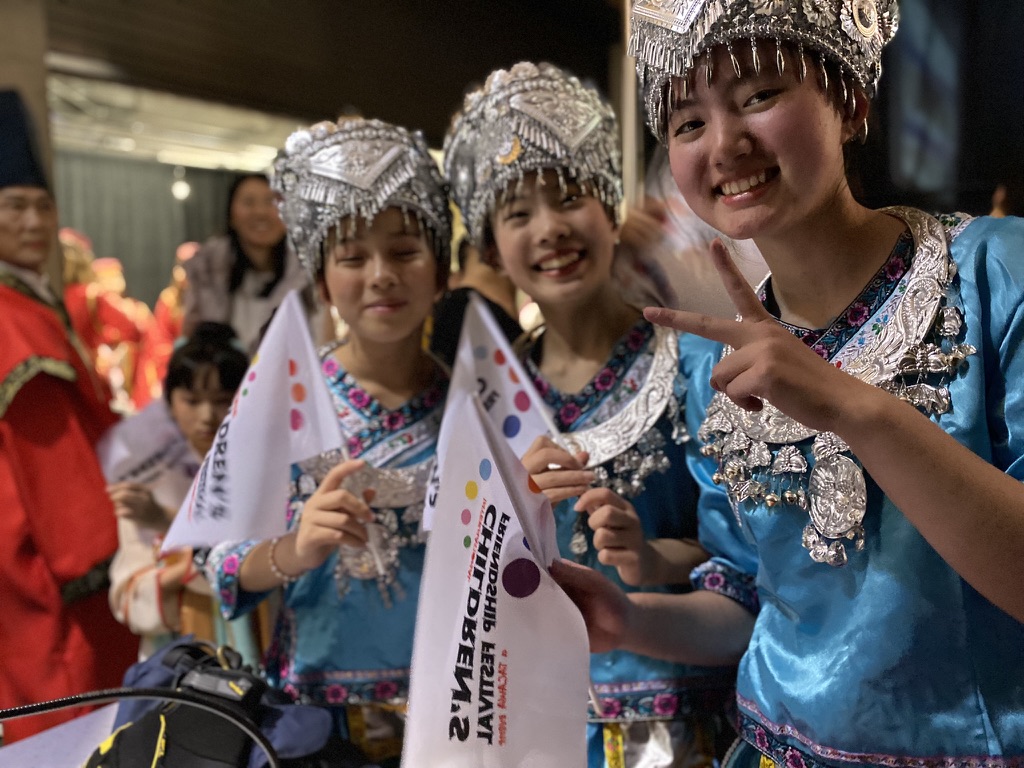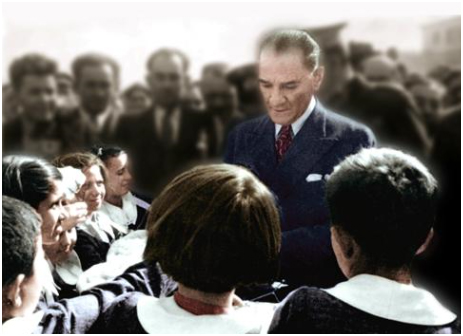About ICFF
What is the Seattle International Children's Friendship Festival (ICFF)?
The Seattle International Children’s Friendship Festival (ICFF) is an annual event that celebrates cultural diversity, friendship, and understanding amongst children from around the world.
Since its debut in 2009, the festival has captivated audiences with vibrant performances from 96 unique cultures, providing a platform for children to showcase their talents, traditions, and cultural heritage through music, dance, play, and other creative activities.
Join us for an unforgettable experience where we celebrate the differences that give Seattle its collective strength!

Frequently Asked Questions
- Families: Families with children of all ages are encouraged to attend the festival together. It offers a fun and educational experience for kids while allowing parents and guardians to explore and appreciate the diversity of cultures showcased at the event.
- Children: The ICFF is designed with children in mind, providing them with opportunities to participate in interactive activities, watch performances, and learn about different cultures in a vibrant and engaging environment.
- Educators and School Groups: Teachers and educators often bring their students to the ICFF as a cultural enrichment opportunity. School groups can enjoy performances, workshops, and exhibits that complement their curriculum and promote global awareness and understanding.
- Community Members: The ICFF is open to anyone in the local community who is interested in celebrating diversity, fostering international friendships, and experiencing the rich tapestry of cultures represented at the festival.
- Visitors from Other Regions: People visiting Seattle from other cities, states, or countries are also welcome to attend the ICFF. It’s a chance for them to immerse themselves in the local cultural scene and connect with people from different parts of the world.
ICFF takes place in the heart of the Pacific Northwest, Seattle! For the past several years, the festival took place at Fisher Pavilion, located in the Seattle center! For more details, check our Visitor Information page
ICFF is held every April. Please check the festival’s main page for annual updates and specific event dates.
Children and youth are all welcome to participate! There are a couple of age requirements for different parts of the festival. For example, the stage performances are open to children ages 15 and younger. Please check specific requirements for each project under the “How to Apply” section.
There are multiple different ways for your child to get involved in the festival! The “How to Apply” section of this website provides further information. We welcome performers, artists, storytellers, and anyone interested in sharing their cultural heritage with others.
The festival features a diverse range of activities and performances, including traditional music and dance performances, cultural tables, arts and crafts workshops, interactive games, and more. Attendees can immerse themselves in the rich tapestry of global cultures while making new friends from around the world.
At the ICFF, the display of flags from various countries serves multiple purposes:
- Representation: Each flag represents a country that has participated in previous editions of the festival. These countries have been officially recognized as a member state by the United Nations (UN). It’s a visual representation of the diverse range of cultures and nationalities that come together to celebrate friendship and cultural exchange.
- Inclusivity: Displaying flags from different countries creates an inclusive atmosphere where attendees from all backgrounds feel welcome and represented. It emphasizes the festival’s commitment to embracing diversity and fostering understanding among children from around the world.
- Connection: The flags symbolize the connections and friendships formed between participants from different countries during the festival. They serve as a reminder of the bonds created through shared experiences, performances, and interactions at the event.
- Education: For attendees, especially children, seeing flags from various countries can spark curiosity and interest in different cultures and geographical regions. It provides an opportunity for cultural learning and awareness, promoting global citizenship and respect for diversity.
Overall, the flags at ICFF embody the spirit of international friendship, unity, and cultural appreciation that lie at the heart of the festival.
Admission to the festival is free, thanks to the support of sponsors and donors. However, donations are welcome and help sustain the event for future years.
Yes, we welcome volunteers who are passionate about promoting cultural exchange and fostering friendships among children. Whether you can assist with event setup, logistics, or hosting activities, your help is invaluable to the success of the festival. Please see the links below for how to support ICFF:
- if you’re interested in volunteering, please feel free to send us an email at info@icffseattle.org
- Donate (paypal.com)
- ICFF Sponsorship-packet.pdf (tacawa.org)
If you have any questions or need further assistance, please feel free to reach out to our festival organizers via email at info@icffseattle.org We’re here to help and look forward to celebrating friendship and cultural diversity with you at the Seattle International Children’s Friendship Festival!
History behind the icff
On April 23, 1920, the Turkish Grand National Assembly (TGNA) was inaugurated in Ankara, Turkey, marking the first step toward the creation of the Republic of Turkey.
To commemorate this pivotal event, April 23rd was declared a national holiday. But how did this holiday become associated with Children’s Day? The credit goes to Mustafa Kemal Atatürk, the founder and first president of the Turkish Republic. In 1927, he dedicated April 23rd to the children of Turkey, recognizing them as the future of the nation.
In 1979, UNICEF recognized this important national day as an international observance. Since then, Turkey has hosted thousands of children from around the world to celebrate Children’s Day.


